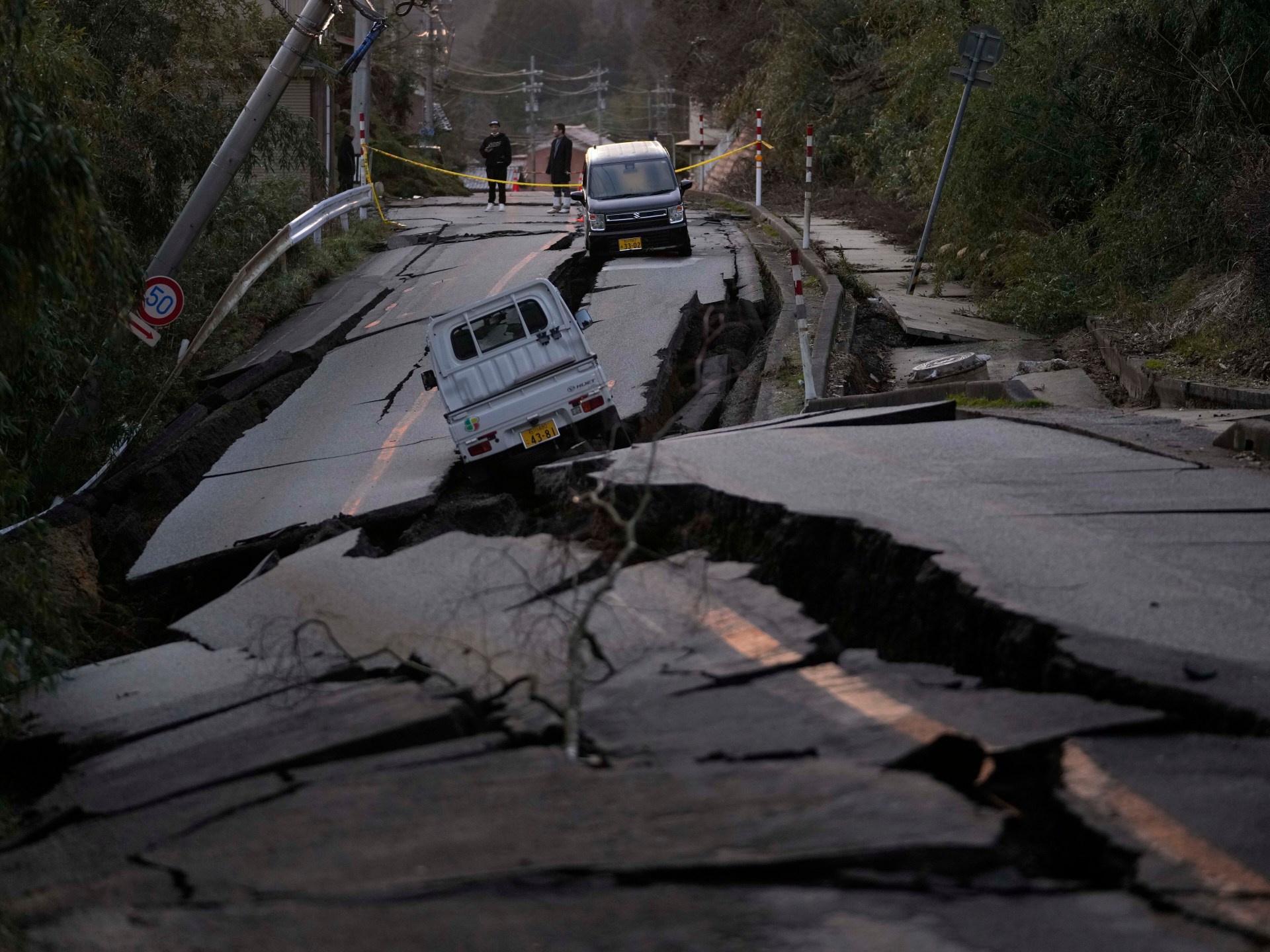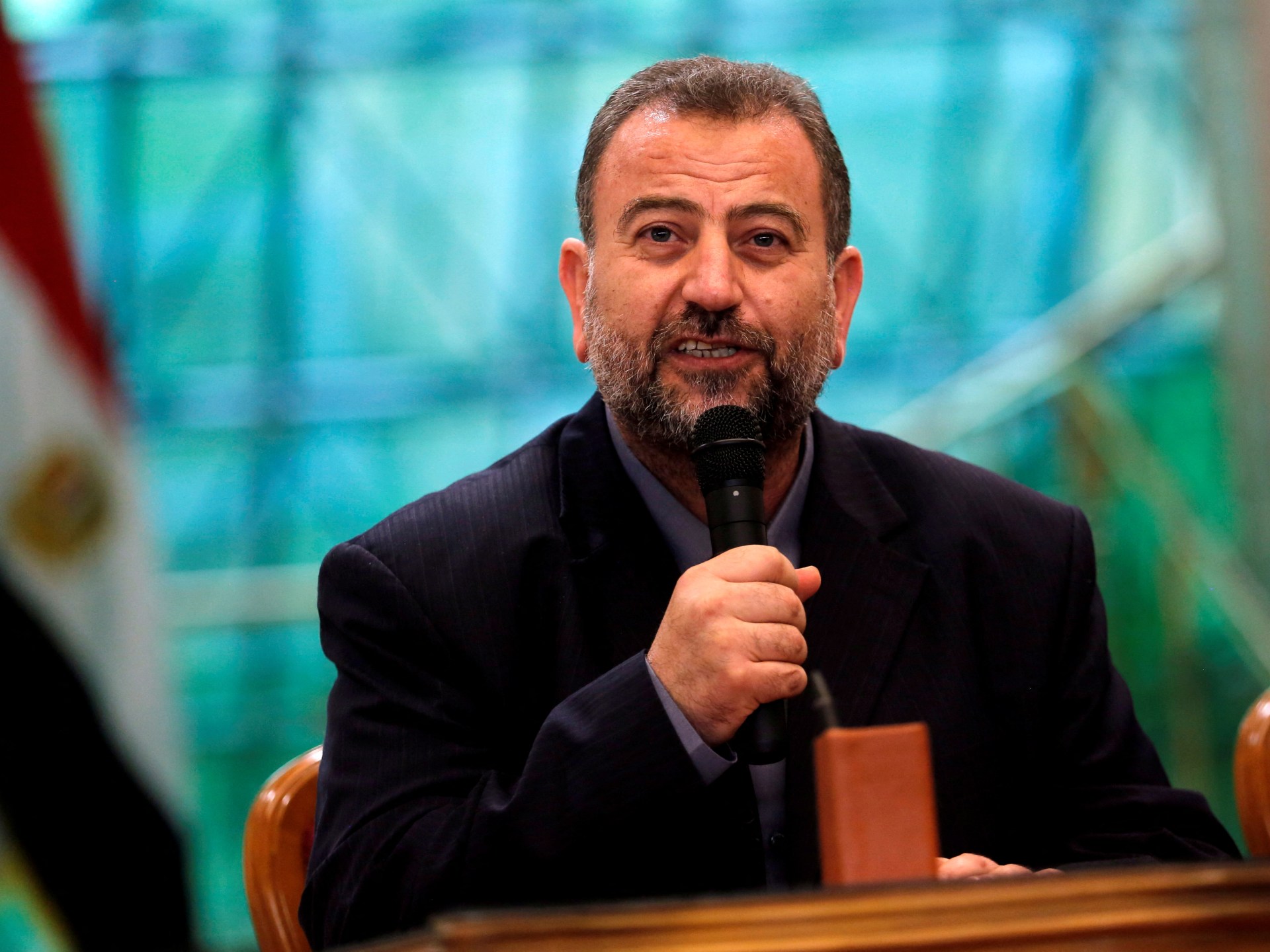This summer, I decided to seek refuge from the heat in Mount Pelion, a mountainous region in the heart of Greece, halfway between Athens and Thessaloniki. It is home to breathtaking forests and vibrant local communities, where the preservation of natural wealth is a way of life.
But soon after I arrived, the spectre of a major wildfire brought much anxiety to residents of the area and their guests. As the climate crisis has intensified in recent years, so has the wildfire season in Greece. This year continued this trend. By the end of July, more than 500 wildfires were burning across the country.
Some of them swept through the plains of the region of Magnesia, where Mount Pelion is located, killing two people, burning more than 5,000 hectares (12,000 acres) of land and causing immeasurable economic damage. But Mount Pelion itself remained untouched.
Local volunteers, along with forest fire brigades, mobilised to put out the flames whenever they approached the mountain and threatened the forest.
Pelion is home to farming communities that know the mountain very well and take care of it as part of their agricultural activities. They are also quite well-organised and have a strong communal bond that keeps a local volunteer firefighting force well-equipped and ready to take action whenever there is a fire emergency.
I witnessed firsthand this communal spirit one August night at the local cafe in the village of Stagiates on the outskirts of Magnesia’s capital Volos. Residents launched a fundraiser for the local patrol of volunteers monitoring the forest and the coffers quickly filled up. Everyone contributed and everyone seemed to agree that keeping the forest safe – and by extension property and farms – is a communal responsibility.
While Mount Pelion survived the flames this summer, another mountainous region, the national park of Dadia, in the northeast, near the border with Turkey and Bulgaria, burned badly. More than half of its area was completely ravaged by the fire.
Evros region, where Dadia is located, witnessed Europe’s largest wildfire on record, with more than 94,000 hectares (232,000 acres) of land and forests burned.
The people of Evros mobilised too, but some did not fight the blaze. Official claims that some of the fires were the result of intentional arson sent local residents looking for scapegoats. Buying into government anti-immigrant rhetoric and rumours that asylum seekers crossing from Turkey were starting fires, they started “hunting” for the perpetrators. In one incident, local residents abducted and locked up 13 refugees in a trailer for hours.
What happened to Dadia and Pelion this summer illustrates well how the current approach of the Greek authorities to wildfire management is failing and what they should be doing instead.
Introduced in 1998 for the first time, the current state strategy to tackle wildfires invests heavily in putting out fires with firefighting brigades rather than preventing them through better forest management. It also does not include local communities in firefighting efforts, prevention and planning.
The failures of the wildfire management strategy are compounded by decades of state negligence in urban planning and nature preservation. Lax control of construction has led to settlements becoming death traps during fire emergencies. At the same time, weak protection of forests and other natural habitats has allowed human encroachment on these areas and thus put them at higher risk of fires.
As a result, the country has fared much worse in terms of wildfire-cased destruction than other countries with similar landscapes and climatic conditions. According to the National Observatory of Athens, the country’s most prominent research institute, Greece ranks first among Mediterranean countries in terms of area burned by wildfires this year – close to 688,000 hectares (1.7 million acres); it is also first in terms of the number of acres affected per forest fire – 19,207 hectares (47,462 acres).
In recent years, the European Union – recognising the bleak reality of climate change and its effect on wildfires – has started a union-wide effort to increase wildfire preparedness. For example, at the beginning of the summer this year, firefighting brigades from other countries were sent to Greece; when the fires started, they were immediately mobilised alongside their Greek colleagues.
The Greek government was also able to activate the EU Civil Protection Mechanism to request more help in the first phase of the fires. But even with EU assistance, Greece was unable to handle the inferno of this wildfire season.
Other EU countries prone to wildfires have realised that investing solely in a firefighting force or waiting for EU assistance does not help and have taken action. Portugal is a case in point. After experiencing a devastating blaze in 2017, the Portuguese government overhauled its approach to tackling wildfires.
From establishing an integrated fire agency that includes forest experts and conservationists to banning new plantations of the highly flammable eucalyptus tree and coordinating controlled burning of debris, Portugal introduced a variety of practices focused on prevention, and it worked. So far, there has been no repeat of the 2017 megafire.
Greece, by contrast, has chosen not to learn from past tragedies. After the tragic 2018 fire near Athens, which resulted in 100 deaths, world-renowned Professor Johann Goldammer, director of the Global Fire Monitoring Center at the Max Planck Institute in Germany, was asked to advise the government on how to improve fire management in the country.
The committee Goldammer formed produced a report, emphasising one principle above all: prevention. His recommendations, however, were never implemented.
It is time to correct this mistake. Greece should develop a comprehensive approach that prioritises environmental stewardship and long-term planning for climate crisis mitigation over short-term economic gains from land development. That requires a paradigm shift in governance that overhauls economic development and spatial and urban planning strategies.
This means that the state needs to bring back the forestry agency into wildfire management activities, develop a forest inventory and a functioning cadastre. It must work with communities to support and coordinate self-organisation and preparedness for wildfires, use local knowledge of the terrain and promote activities that help remove flammable materials from lands and forests – including targeted grazing and forest debris clearing.
One of the key recommendations of the Goldammer report is to reduce wildfire risk by restoring agricultural activities in the countryside to manage biomass. This means supporting rural communities and encouraging the reversal of urbanisation as a state policy.
In the past, immigrants have helped keep abandoned areas of the countryside alive. Instead of fuelling xenophobia and hatred against these people, the government can perhaps encourage them to play this role again.
The Greek state also needs to establish firm control over construction. Currently, with various economic sectors lobbying hard for lax regulations, the law in Greece allows lands which have been burned by wildfires to be used for the construction of housing, tourism facilities, wind turbines, etc. Apart from prioritising business interests over the restoration of devastated forests and habitats, such legal provisions may encourage arson.
All of these measures will not only help with wildfires but also other natural disasters. Restoring forests, properly managing land, regulating construction, and working with local communities can also help mitigate the effects of floods.
The heavy rains that swept through barren land in Greece were a good reminder of that. Storm Daniel drowned the country, killing 14 people and paralysing central Greece – the heart of Greek agriculture.
Shortly after, Prime Minister Kyriakos Mitsotakis travelled to Strasbourg to meet EU Commission President Ursula von der Leyen to ask for financial support. As the fallout of the climate crisis intensifies within the EU borders, the union will have to consider creating a permanent climate loss and damage fund to help the most affected member states.
But the EU strategy should go beyond financial instruments. It will need to overhaul its own political and economic strategies and structures to be able to tackle climate challenges. Growth at all costs needs to give way to sustainable development, conservation, and protection of habitats and local communities. Painful changes will have to be made.
And while Greek and EU political and economic elites waver when hard decisions need to be taken in the face of climate catastrophe, the residents of Mount Pelion do not. After the floods that followed the fires, they once again did what they know best: they organised.
They worked hard to open blocked roads, helped with post-flooding cleanup, saved a group of refugee children from an overflowing river, and regularly supplied the city of Volos with clean water from the mountain.
The people of Mount Pelion do not suffer from any doubts. They know that putting the preservation and wellbeing of the community and nature above narrow egoistic self-interest is the right thing to do.
The views expressed in this article are the author’s own and do not necessarily reflect Al Jazeera’s editorial stance.

 Movie
Movie 7 months ago
117
7 months ago
117 






![Presidents Day Weekend Car Sales [2021 Edition] Presidents Day Weekend Car Sales [2021 Edition]](https://www.findthebestcarprice.com/wp-content/uploads/Presidents-Day-Weekend-car-sales.jpg)



 English (United States)
English (United States)